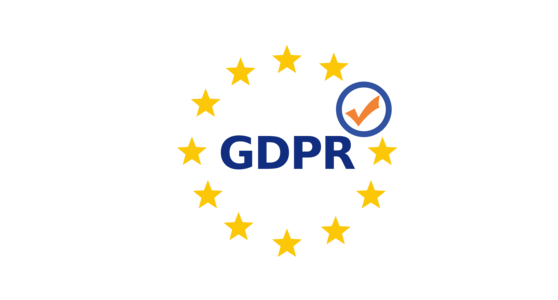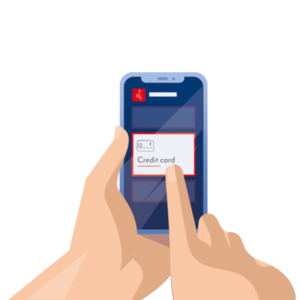Digital payments give us greater flexibility. But are there risks?
Let’s be clear from the start: there never has been and never will be zero risk. Digital payments are becoming more practical and secure compared with cash payments. Lars Weber, Information Security Officer at Spuerkeess, talks to us about digital payment and personal data security.

Cheques or paper-based credit transfers were long the alternatives to cash, but again these types of payment were also not free of risk. Look at counterfeit cheques and cheques with non-sufficient funds. Compared with these traditional payment methods, digital payments significantly reduce risks if the basic security rules are followed.

